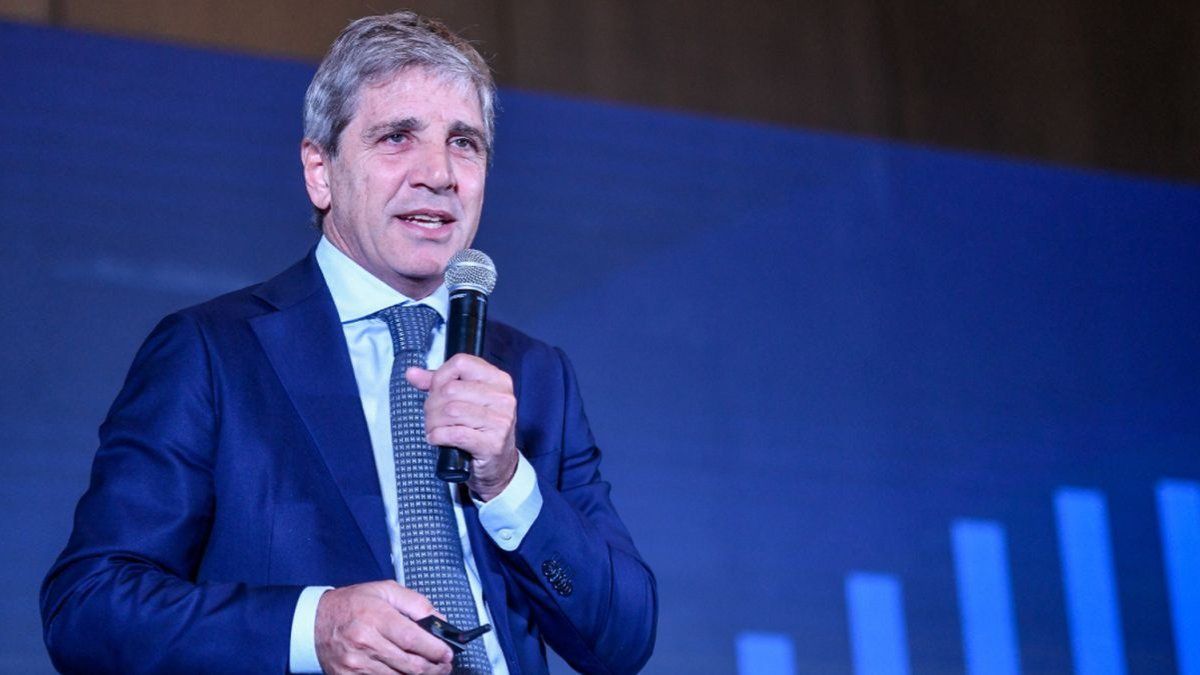The Mexican crisis of 1994-1995known as the Tequila crisismarked a milestone in the HInternational financial istoria. In a context of growing global integration, the Weight collapse put in check not only Mexico but to the stability of all Latin America and, by extension, to US markets.
Bill Clinton’s reaction, led by Treasure under Robert Rubin and Lawrence Summers, It was embodied in a rescue package that combined loans, guarantees and swap lines for up to 20,000 million dollars from the Exchange Stabilization Fund (ESF), supplemented with resources from the IMF and the Bank of International Payments.
Beyond its technical effectiveness, this salvage inaugurated a new mode of intervention: a “Hostile Takeover State “in which Washington used the emergency situation to impose conditioning, strengthen strategic ties and expand its sphere of economic influence in Latin America. Presidents such as Carlos Salinas de Gortari and Ernesto Zedillo, trained in American universities, facilitated that articulation through socio -technical networks (Callon, 1986) that naturalized the structural dependence.
LIVING FINANCE MARKETS ACTIONS BAGS INVESTMENTS
Markets control the State through debt.
Depositphotos
The news of the Argentine economy
Argentina is not receiving help, it is being taken. Every dollar that enters will not be philanthropy, Everything is a strategy. What comes from IMPof the World Bankof the IDBof the American Treasury Or international markets has a name and surname, control. Mexico already lived in the 80s and 90s; Today Buenos Aires repeats the same story, with another skin, another rhetoric, but identical effect.
Every conditionality, each agreement, each refinancing is A piece of a puzzle where the State stops deciding and global markets send. It is not debt, it is mortgaged sovereignty.
Let’s look at the facts. Loans not only come with interest; They come with instructions. How to spend, how to adjust, how to order the economy. Strategic assets, reserves, deficit management; Everything is under external magnifying glass. What the Government celebrates as “rescue” is actually a “Takeover”a silent seizure where each economic decision depends more on the global market than on the will of the Argentines.
Mexico He suffered it for decades. Today Argentina walks along the same path, refinancing that force cutstax adjustments that prioritize creditors over citizens, monetary decisions conditioned by international capitals.
The financial “Takeover”
The Financial Takeover is underway, silent but implacable, replicating a pattern that Latin America knows too well. Ignore it is to repeat the story. Recognize it is the first step to prevent the Argentine economy from becoming a board where others move the chips.
The Financial Takeover is not an accident in Latin American history, but a structural pattern that crosses decades, governments and political regimes. From the Tecnopols of the 90s (Salinas de Gortari, Zedillo, Cavallo) to Milei Argentina, Transnational financial markets have shaped the policy, debt and state sovereigntyusing crises and conditionalities as control tools. The evidence demonstrates that the subordination of economic policy to global capital is consolidated through systematic mechanisms: external indebtedness, manipulation of reserves and institutional capture, where corruption is an integral part of the process, not a circumstantial detour.
Understanding this pattern is key to interpreting recurring crises of the region and project autonomous development strategies.
Ultimately, the financial takeover reveals the depth of the global interdependence and structural fragility of the Latin American states against the dynamics of transnational capital, underlining the urgency of rethinking economic policies, institutional governance and financial sovereignty of the region.
Doctor of Political Science, Master in International Economic Policy, director of doing.com.ar
Source: Ambito
David William is a talented author who has made a name for himself in the world of writing. He is a professional author who writes on a wide range of topics, from general interest to opinion news. David is currently working as a writer at 24 hours worlds where he brings his unique perspective and in-depth research to his articles, making them both informative and engaging.




